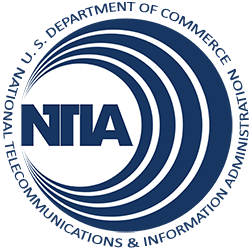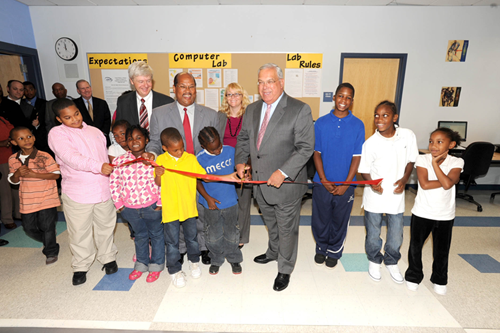Promoting Digital Inclusion in the Nation's Capital
I recently had the opportunity to participate in a Community Broadband Summit held by the District of Columbia to explore the many ways that broadband drives economic growth, spurs community development and opens up new possibilities in jobs, education, healthcare and other areas.
A high-speed Internet connection and digital literacy skills can provide access to up-to-date job listings and new career paths, to specialized online classes and advanced educational content, to valuable healthcare resources and cutting-edge medical expertise. But even in the nation’s capital, there are still too many residents cut off from these opportunities because they are not online.
The D.C. Office of the Chief Technology Officer, or OCTO, which hosted the recent summit, is working to close this divide. And it is the Broadband Technology Opportunities Program, or BTOP, a Recovery Act program administered by NTIA, that makes OCTO’s digital inclusion work possible.
The District of Columbia is one of the few BTOP grantees across the country administering grant projects in all three categories of the program: network infrastructure, public computing centers and sustainable broadband adoption projects.
• OCTO is building a high-speed, fiber-optic network that will deliver Internet connections of up to 10 gigabits per second to as many as 290 D.C. anchor institutions. These anchors include schools, libraries, healthcare facilities, public safety entities and community colleges – many of which are located in low-income neighborhoods that suffer from high unemployment rates. The new Community Access Network – or DC-CAN – will also expand the District’s existing municipal fiber network, DC-Net, by another 170 miles. When the project is done, OCTO will manage more than 500 miles of fiber.

